
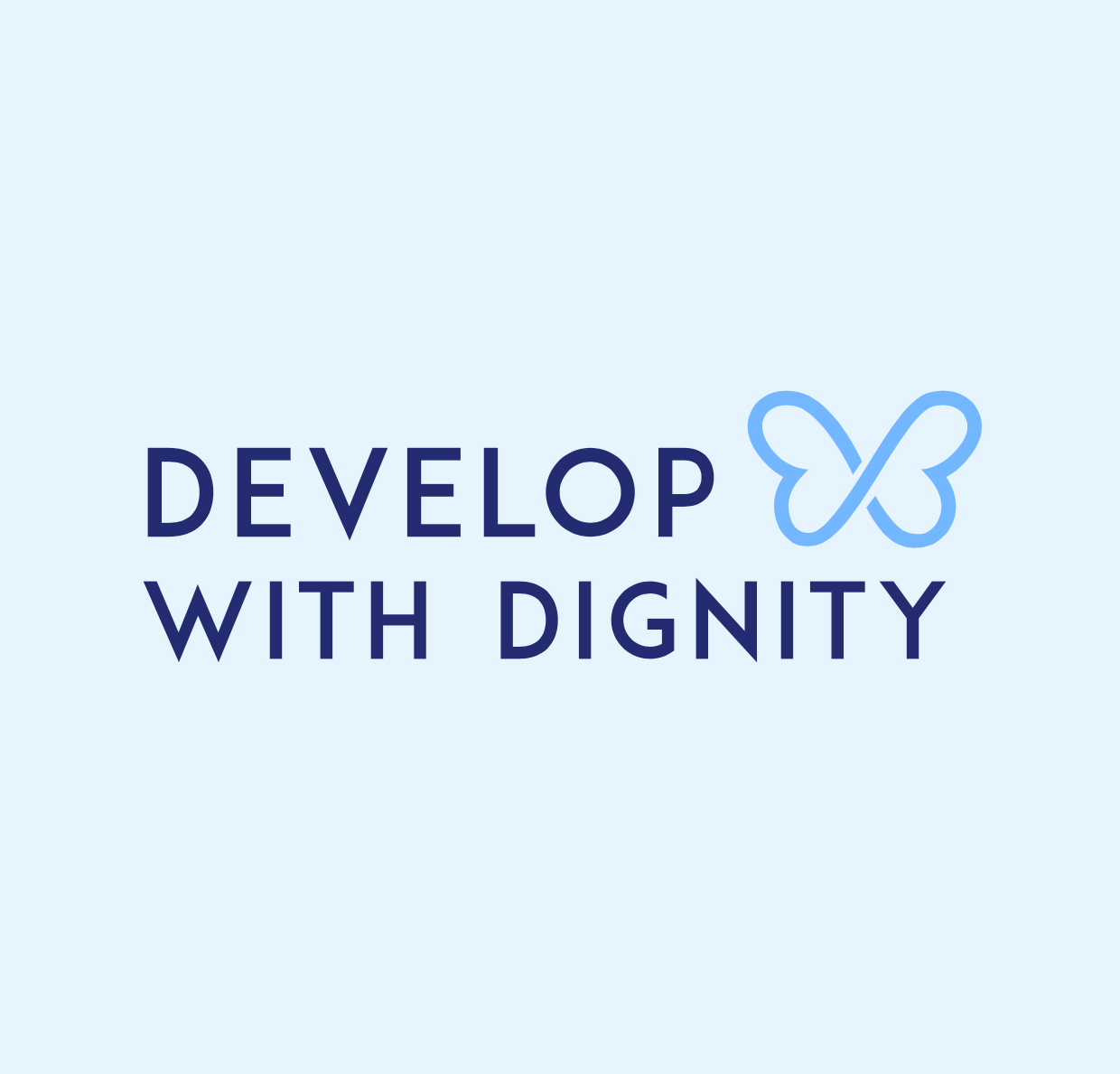

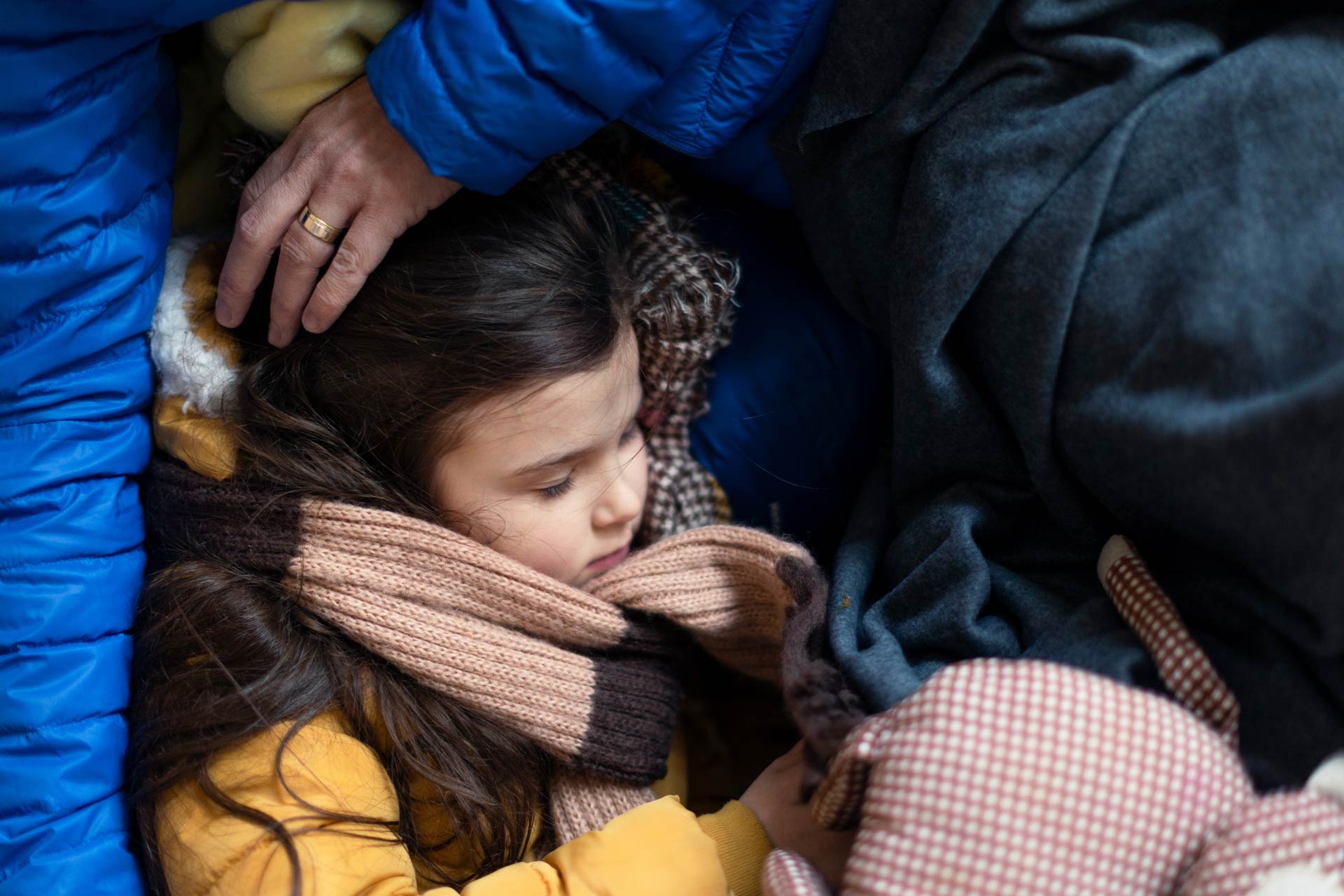
Across the world, menstrual health can be seen as a “woman’s” issue and is often relegated to hushed discussions between the women in the family with a scared girl, on the first sign of that blood-spotted cloth. It is frequently stigmatised, mis-understood, and the reason behind harassment, social exclusion and missed opportunities.
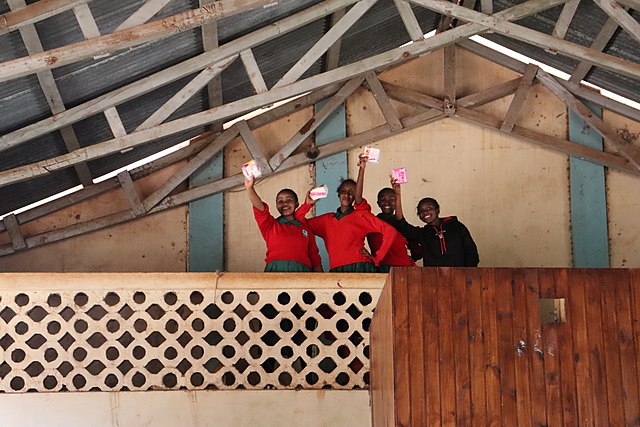
In Uganda and Sierra Leone, our partners have told us that their communities describe periods as shameful; a curse from God; a sickness; dirty; and a sign a child is ready to become a mother. In societies that mostly rely on men to buy what’s needed at home, girls make do with rags, cloth, torn pieces of their mattress, or even leaves, to manage their periods. The girls have told us that lack of sanitary pads, soiled clothes and embarrassment are the main reasons why they regularly give up 3 days a month of schooling, with some so afraid of being in school on their period, they remain at home for a week at a time. We have been partnering with those at the forefront of ending period poverty in Kumi Uganda, and Koindu Sierra Leone:
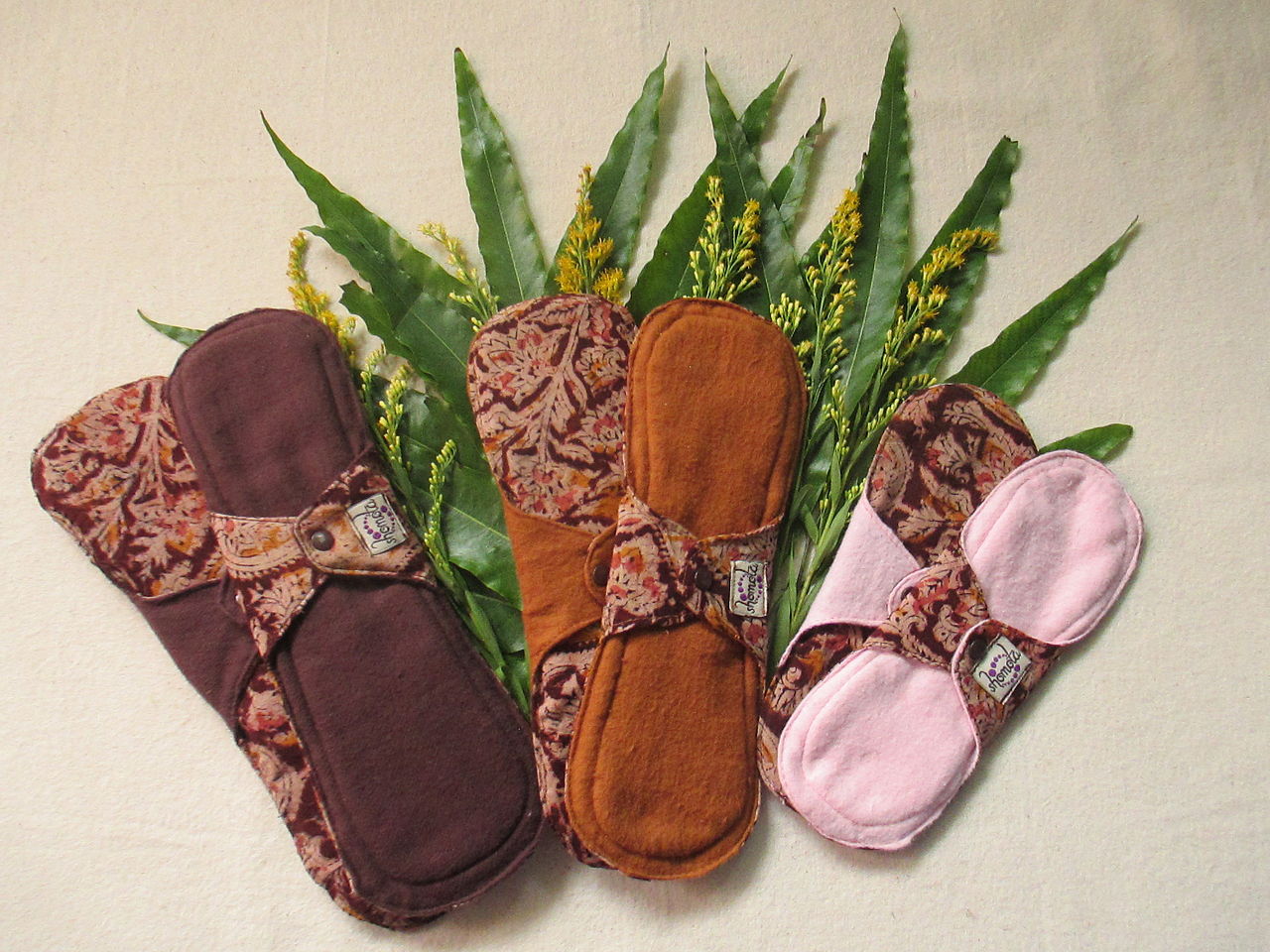
Since 2015 we’ve been supplying washable sanitary pads, developed for Sub-Saharan Africa, to schoolgirls in years 5-7 (critical exam years that determine whether girls go to secondary school or be married early). In 2020, we supported our partners in building their first manufacturing centre and shop in Kumi to sew pads locally and provide employment to 4 tailors. We are desperate to replicate this in Sierra Leone, where it is virtually impossible to source quality washable pads at an affordable price – we currently ship these in from Uganda, which we weren’t able to do during the pandemic. Donate £5 to support 1 school girl with pads
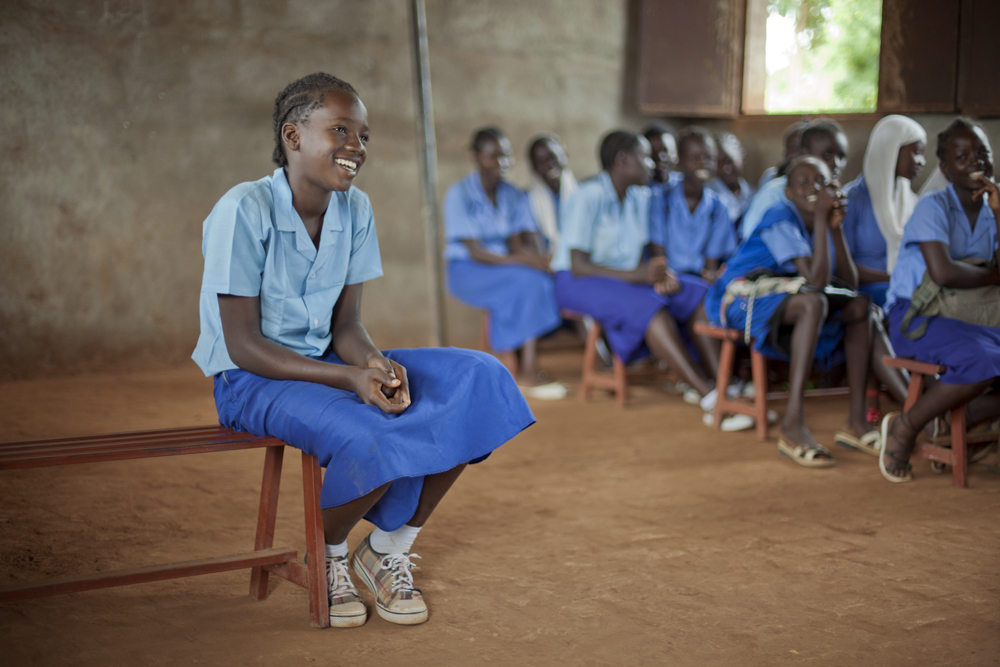
Whilst provision of pads is important and has helped reduce menstrual-related school absence by 45%, it doesn’t address the stigma or shame associated with periods in some African communities. Our Develop with Dignity program is working closely with teachers, faith leaders, nurses and members of the community to learn about the local myths and traditions, and address these through education. With professionals in the area, we’ve facilitated the development of lesson plans, learning aids and illustrated materials to support the teaching of menstrual health in the classroom (to both boys and girls), at home, and in youth groups etc. This has resulted in a recorded 98% reporting no instances of period shaming in participating schools and a 69% improvement in schoolgirls’ knowledge on menstruation. Participating schools were also 83% more likely to teach pupils about menstruation under 12yrs old, and how to prepare for it. Donate: £10 supports a mentoring lesson with 1 teacher on Sexual Reproductive Health
We regularly engage with members of the community to discuss and address any barriers to adoption of menstrual hygiene management and sexual reproductive health. Local nurses, Village Health Teams and teachers join us to have open and frank discussions with parents, guardians and community elders, on any questions and concerns related to sexual reproductive health.
“I was excited to talk about the things I had heard about family planning. There is a lot of fear about using contraception and beliefs that it is bad. Today the nurses helped me understand that family planning is good knowledge to be passed on and that menstruation is normal in girls, not a sickness” Senior Pastor, Pentecostal Assemblies of God
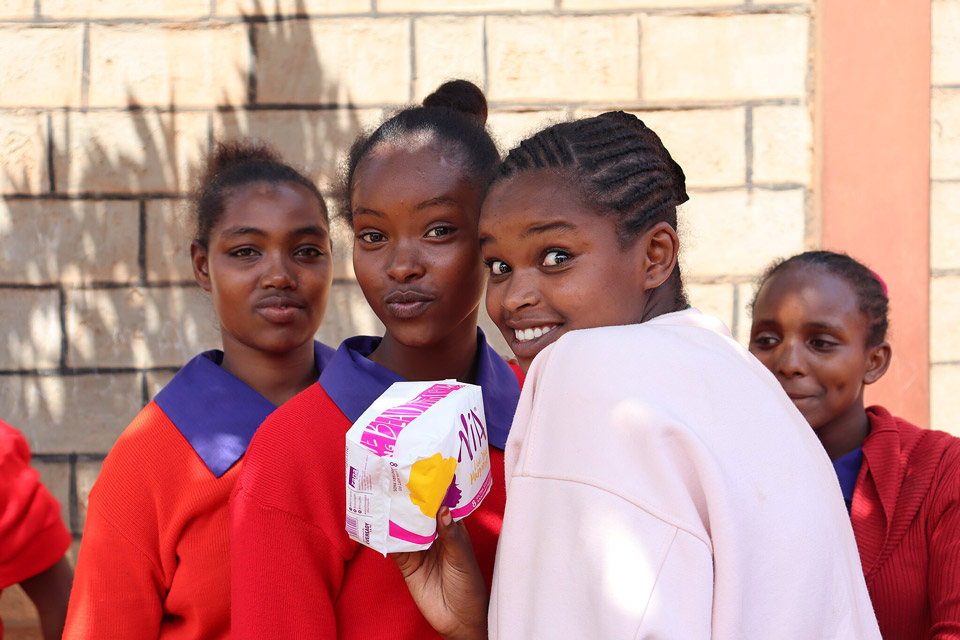
How do we encourage and support girls to go to school and stay in education?
There are approximately 10,500 schoolgirls aged 12-16 in the Kumi District. Over 6,300 will drop out of education before they graduate. One of the biggest reasons for this is the days every month, they lose because of menstruation.
Since August 2015 we have begun distributing washable supply kits of sanitary towels to schoolgirls in Kumi alongside underwear and menstrual health education.
Our survey of over 600 schoolgirls who have benefited from our programme, has shown a 45% jump in school attendance!
Just £5 provides 1 schoolgirl with her pack of washable sanitary pads. Together we can stop school drop-outs and give 20% of the academic year back to these children.